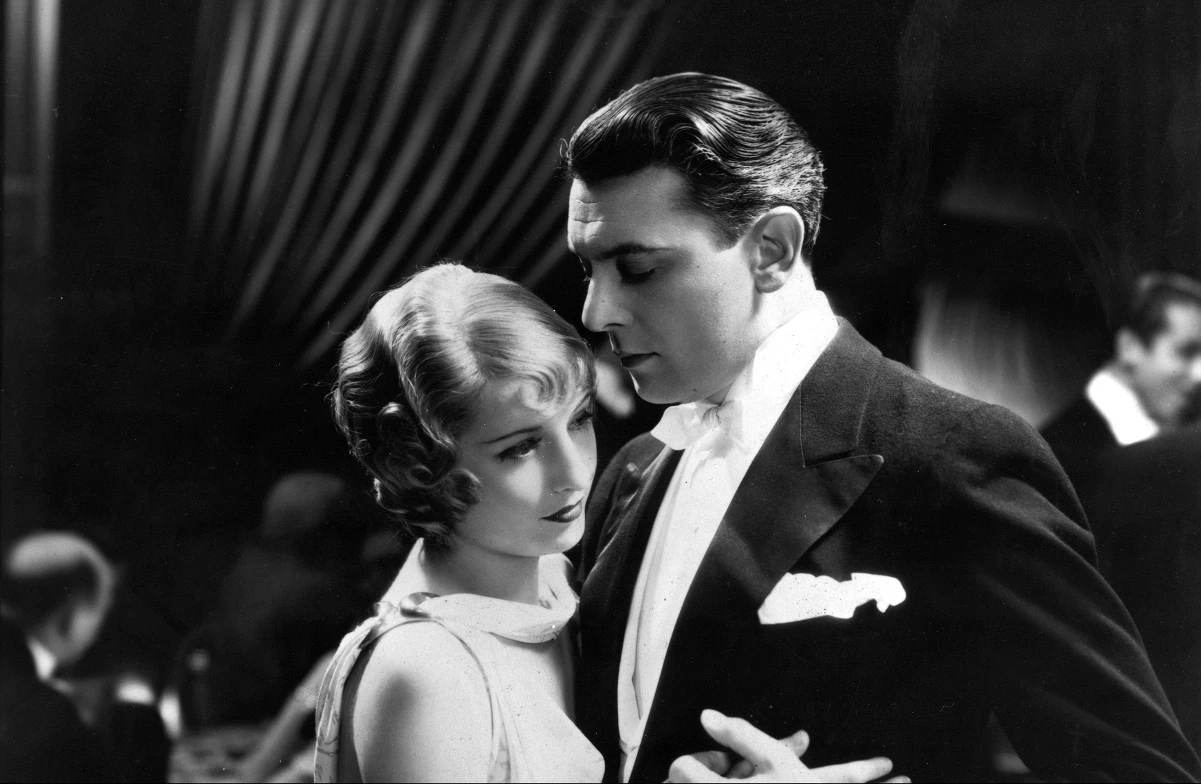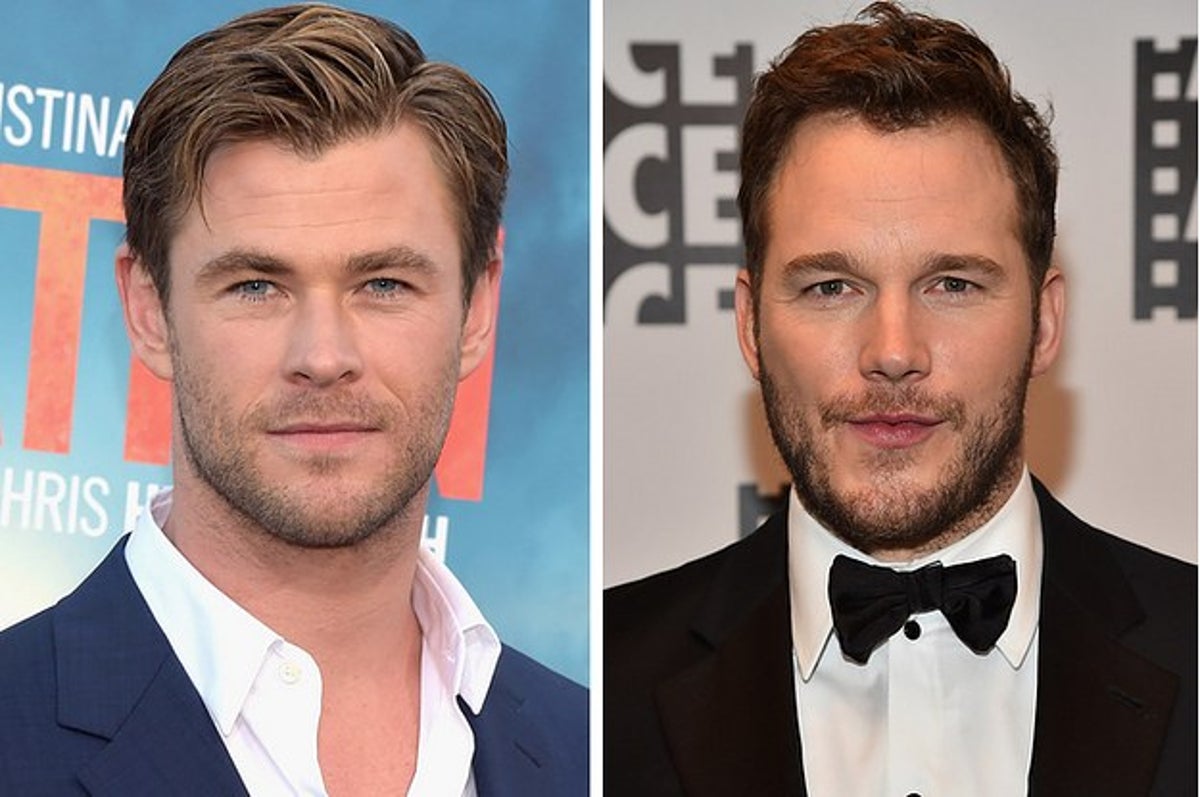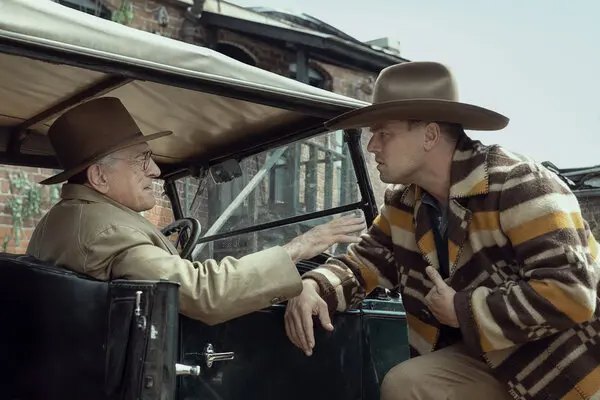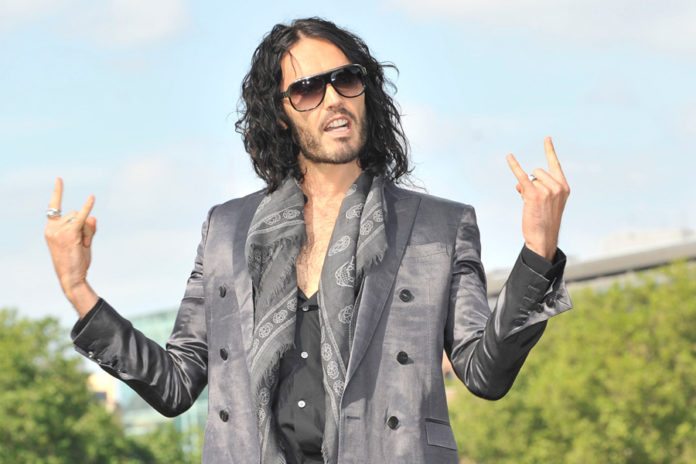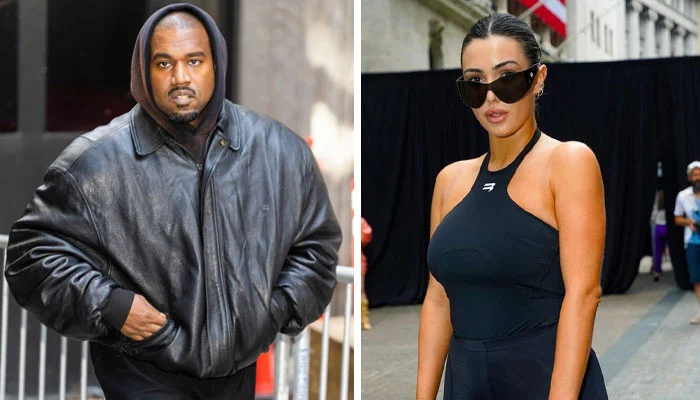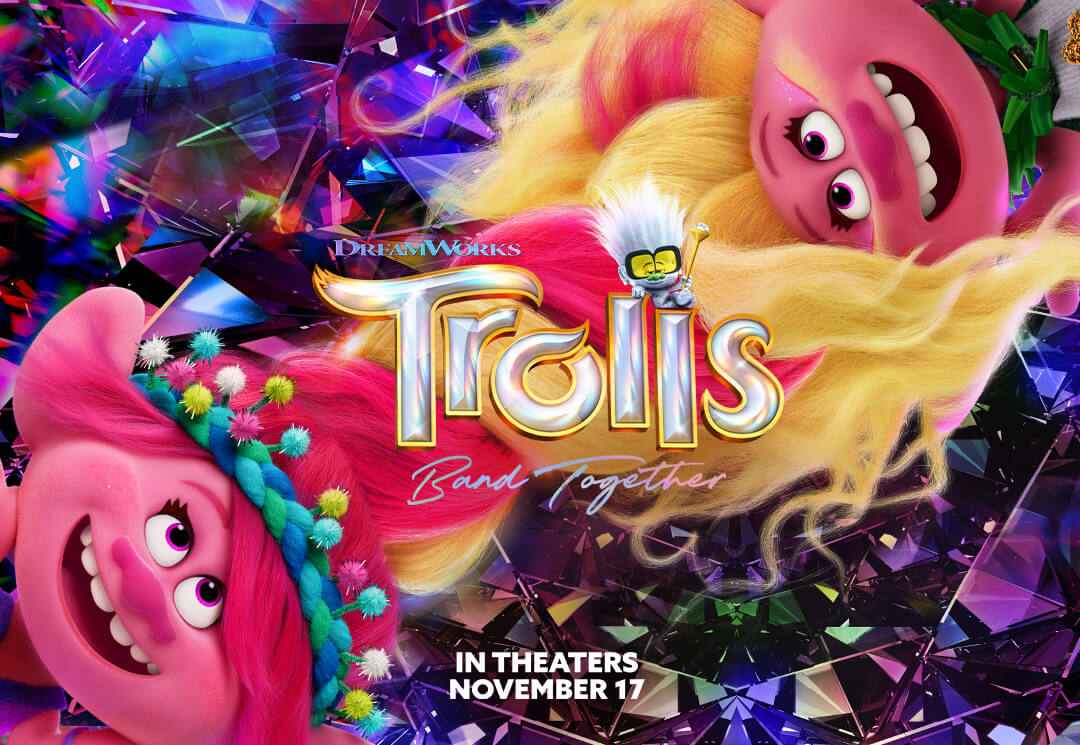Did ‘The Duke’ John Wayne Star In A Shocking 90-Year-Old Sex Drama?
In a surprising twist of Hollywood history, the iconic John Wayne found himself entangled in a 90-year-old sex drama that sparked a seismic shift in the industry’s censorship landscape. While commonly recognized for his Westerns and war epics, Wayne’s involvement in the controversial 1933 film “Baby Face” triggered a cascade of events that reshaped the Hollywood we know today.
John Wayne: Beyond Westerns
John Wayne was famous for his starring roles in Western and war movies. He was one of the most popular and successful actors of all time, and his films are still enjoyed by audiences today. Some of Wayne’s most famous Westerns include Stagecoach (1939), The Searchers (1956), and Rio Bravo (1959).
He also starred in several popular war films, such as Sands of Iwo Jima (1949) and The Longest Day (1962). Wayne’s characters were often strong, silent, and heroic. He embodied the idealized American values of his era, such as rugged individualism, patriotism, and moral courage.
While John Wayne’s legacy is often linked with rugged cowboys and wartime heroes, his foray into diverse genres cannot be overlooked. Amidst his array of roles, one particular venture propelled him into the center of a historic Hollywood upheaval—one that was miles away from the dusty trails of his Western movies.
Unexpected Role: John Wayne in “Baby Face”
During his formative years in Hollywood, long before attaining legendary status, John Wayne played a pivotal part in the groundbreaking film “Baby Face.” This 1933 production explored themes so controversial that it led Hollywood to rethink its approach to censorship. Although Wayne’s role in the movie was minor, his connection to this cinematic milestone forever etched his name in Hollywood history.
The Tempestuous Tale of Baby Face
The narrative of “Baby Face” orbits around Barbara Stanwyck’s Lily Powers, a bartender at a speakeasy weary of enduring a life of exploitation. A radical shift unfolds when she decides to seize control by using her allure to ascend the ranks of power. As the drama unfolds, John Wayne’s character, Jimmy McCoy, enters as a low-level manager at a bank, finding himself drawn into Lily’s web of intrigue.
Baby Face: A Catalyst for Change
Draped in controversy and audacity, “Baby Face” unapologetically addressed themes of sex and female empowerment—a rarity during its time. Released in the Pre-Code era, the film galvanized conversations and sparked discussions on societal norms. Its release was a catalyst, propelling Hollywood into a realm where conversations about sex and sexuality became more open and uninhibited.
Unveiling the Pre-Code Era
The Pre-Code era, spanning from 1927 to 1934, marked a short-lived period characterized by movies that pushed boundaries and delved into previously untouched subjects. Films of this era fearlessly explored “taboo” topics, from interracial relationships to drug use. “Baby Face” joined this league, confronting societal conventions and prompting audiences to reconsider their perspectives.
Influence on Censorship Laws
The brazen content of “Baby Face” triggered waves of unease, with conservative groups rallying against its candid portrayal of illicit behaviors. In response, Hollywood underwent a transformation, birthing the Motion Picture Production Code, or the Hays Code. The introduction of stringent regulations signaled the end of the Pre-Code era and ushered in a new era of conservative oversight.
The Rediscovery of “Baby Face”
Following the enactment of the Hays Code, “Baby Face” faced censorship that altered its narrative trajectory. However, the original uncensored version of the film resurfaced in 2004, when it was unearthed from the vaults of the U.S. Library of Congress. The restored version highlighted the raw, unfiltered essence of the film, reaffirming its cultural and historical significance.
A Transformative Legacy
John Wayne’s involvement in “Baby Face” might have been a footnote in his prolific career, but its impact on Hollywood’s evolution remains indelible. The film’s bold exploration of sex, power dynamics, and societal norms left an imprint that echoes through the corridors of cinematic history.
Also Read: Is Tom Cruise Upset With Barbie’s Success? All You Need to Know
